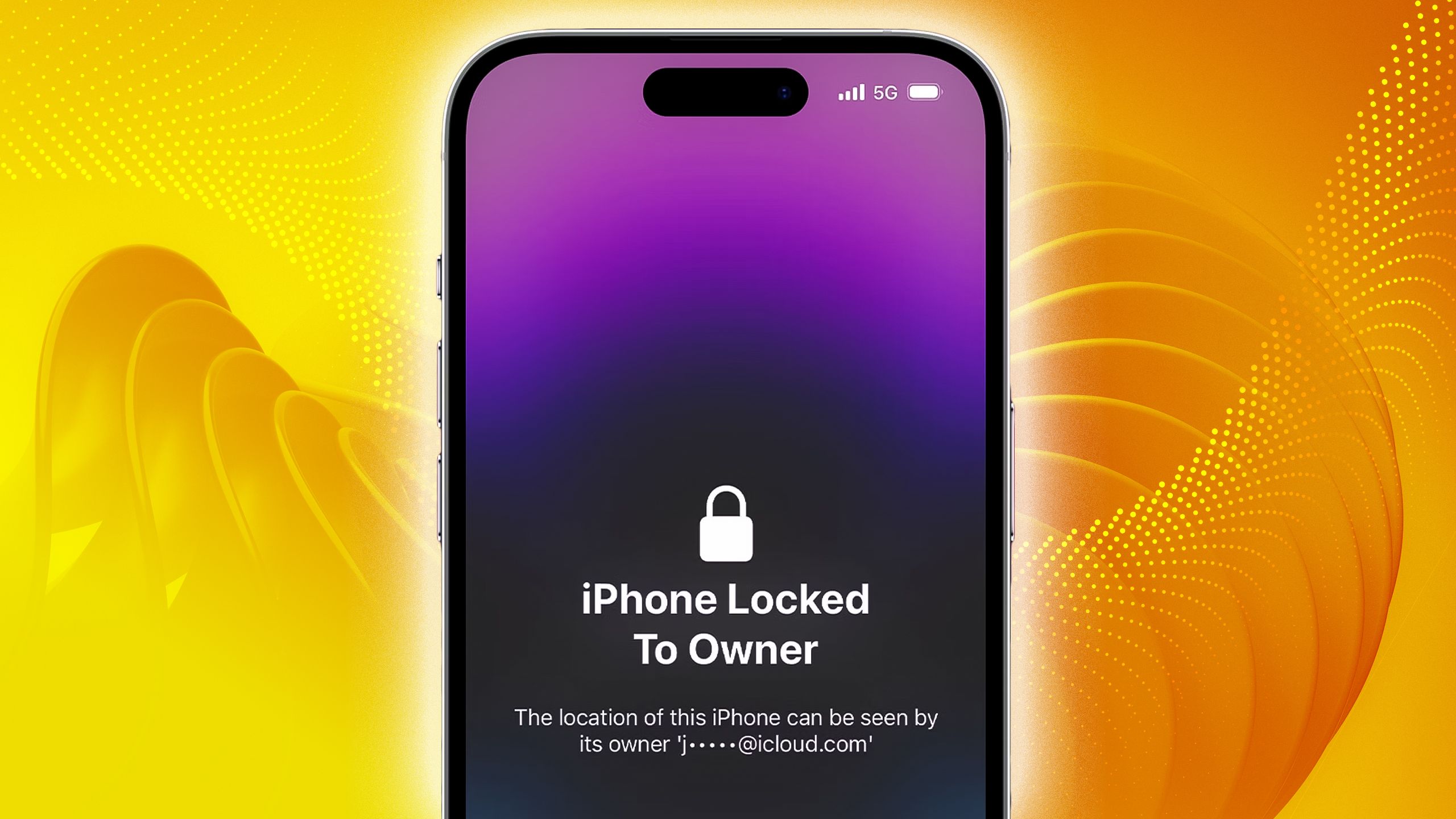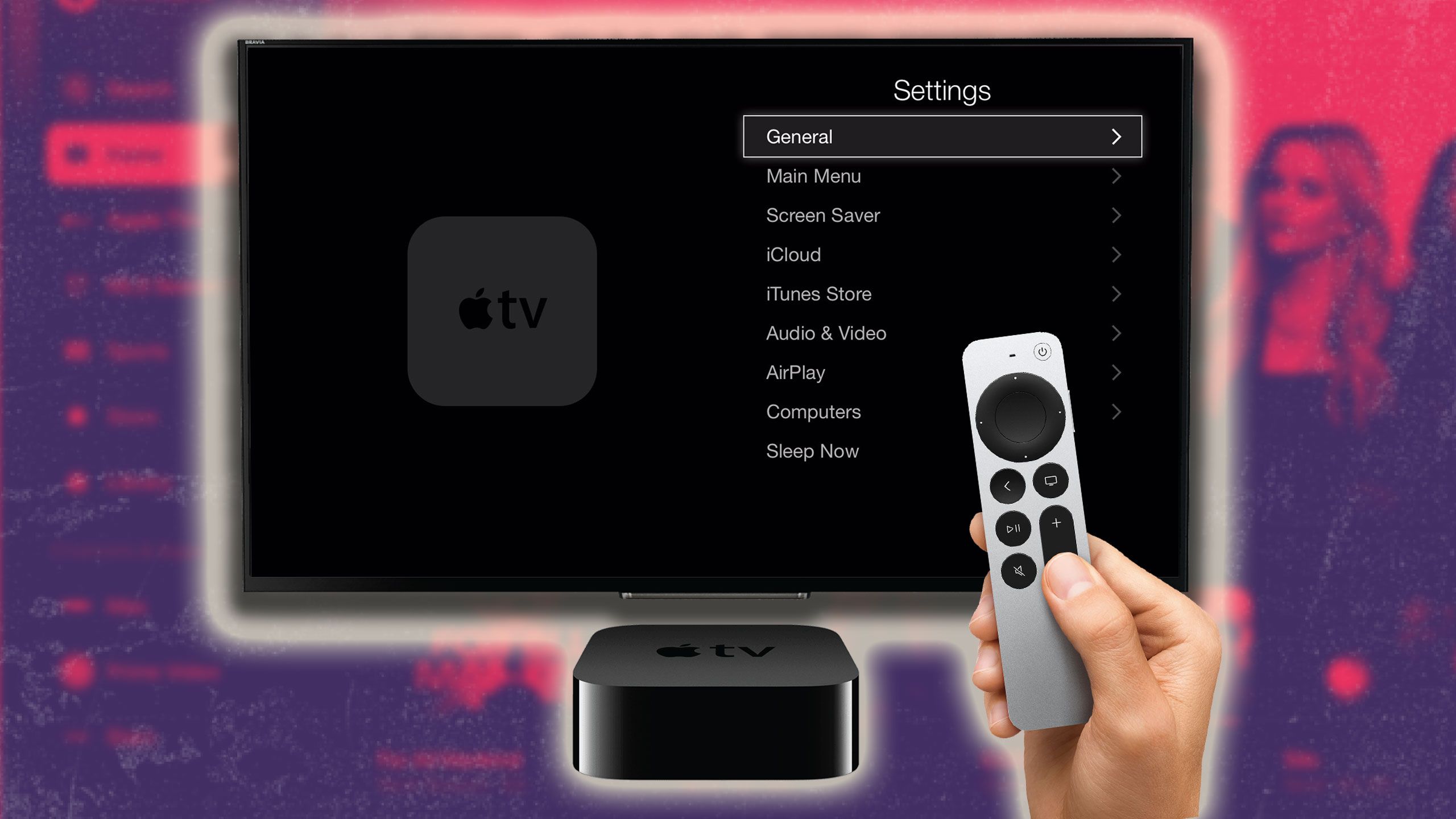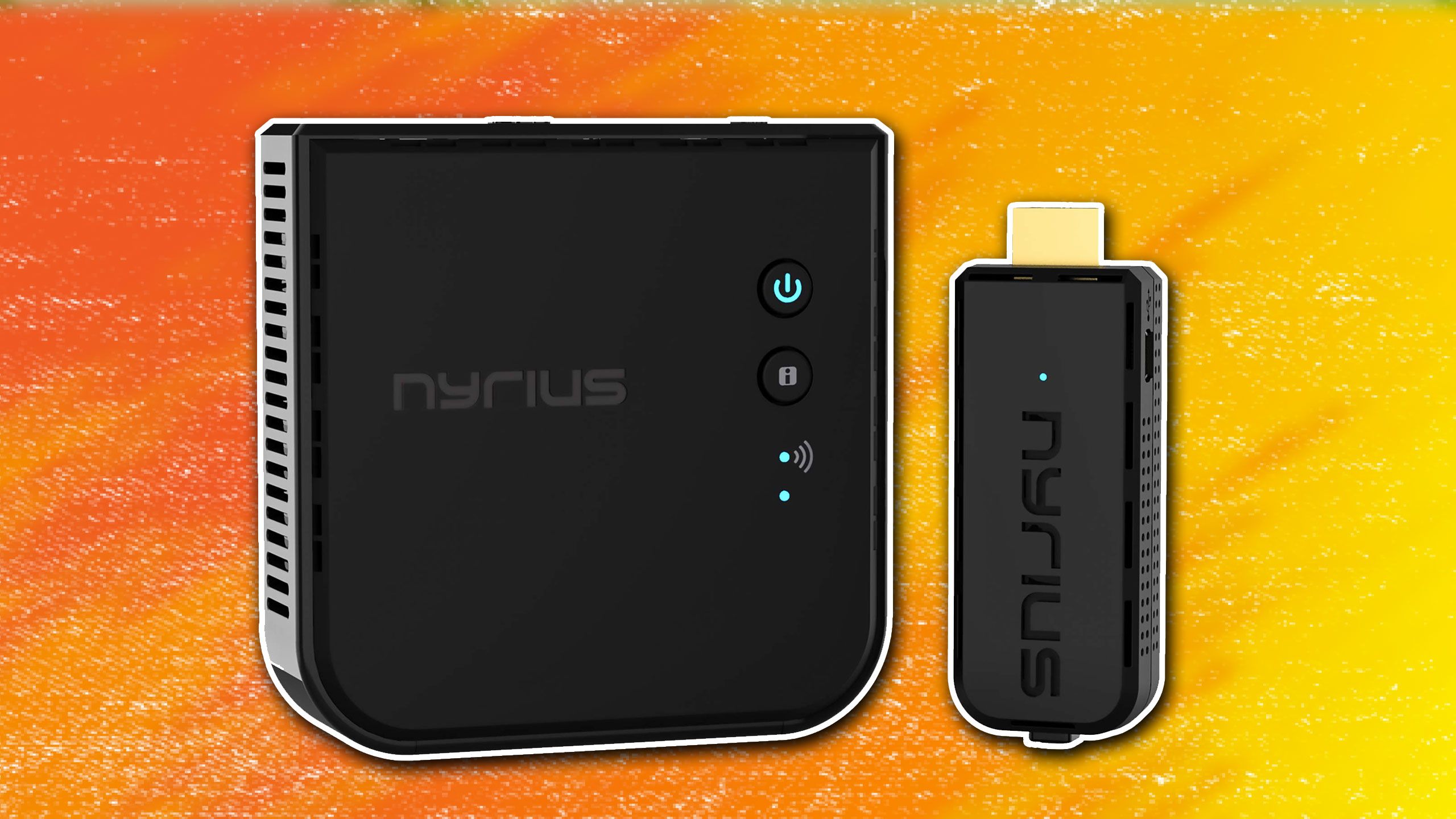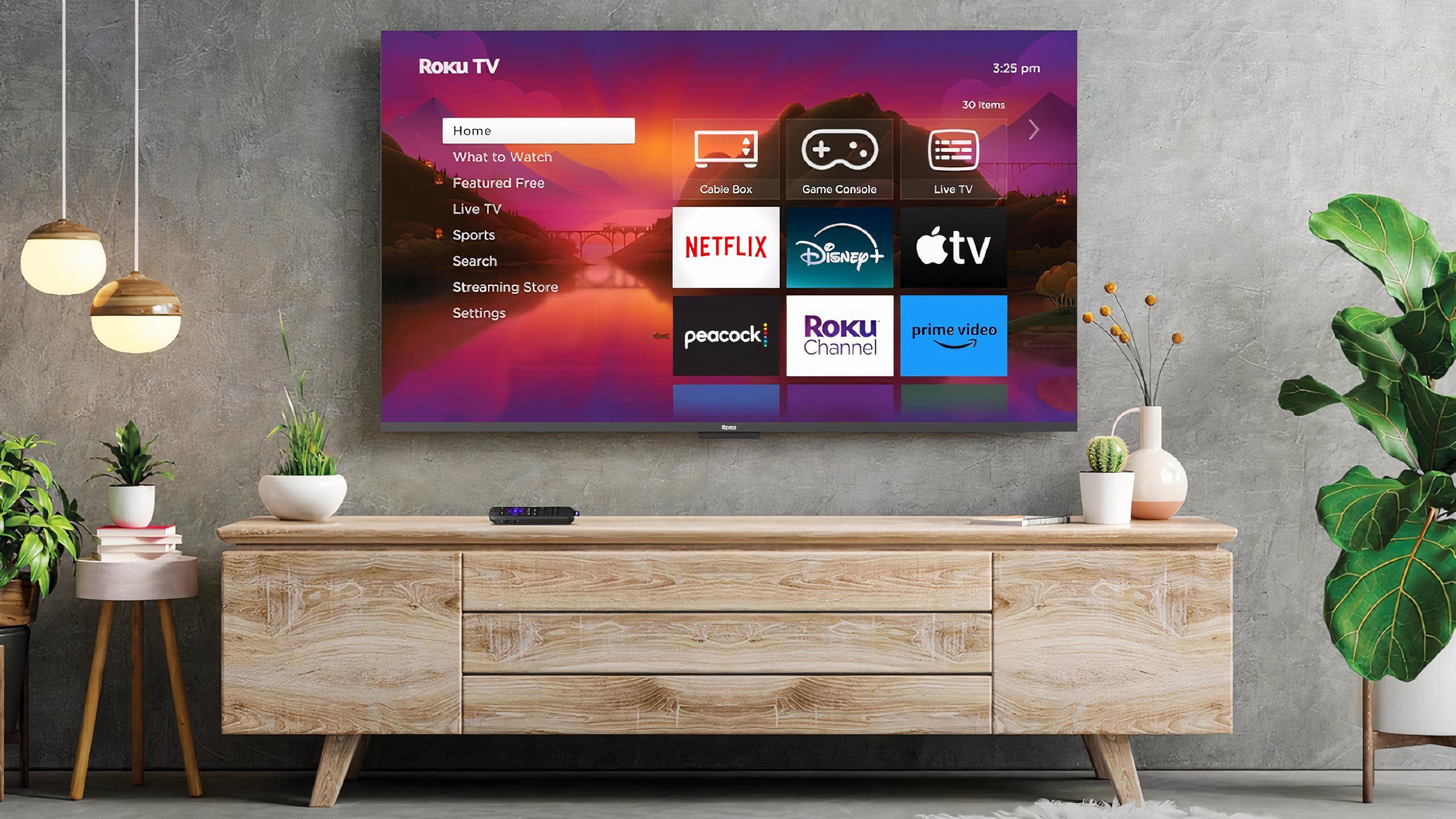Summary
- Saving credit card info on a smart TV is generally safe due to encryption.
- Be sure to protect the accounts linked to your card, though, and stick to trusted apps and platforms.
- On-device, switch on purchase authorization safeguards so you’re not ambushed by friends or family buying something.
If you’re here, it’s probably because you’re aware of the security risks of using your credit card online. Millions of people pay for things daily without any repercussions, of course — often using technologies like Apple Pay or Google Wallet — but the hackers are out there, and there’s a non-zero chance that a security flaw will lead to identity theft. Being aware of threats goes a long way towards staying safe.
Is it dangerous to save your credit card info on a smart TV? The option can greatly speed up movie rentals and subscriptions, but it’s important to weigh that against other concerns.

The lowdown on Apple’s Activation lock: 4 things you need to know
It’s usually a vital safety feature, but it can also be a hurdle.
Is it safe to save your credit card details on a smart TV?
It’s not just about online threats
Roku
Before we really get started, it’s worth noting that you can’t always input details directly on a smart TV. While that’s an option with Roku devices, and potentially in some third-party apps, Apple, Amazon, and Google all prompt you to add payment methods elsewhere, such as the Google Play Store on your phone or computer. That info is then linked to the account(s) you use on your TV, in which case your cards probably aren’t stored locally — they’re in the cloud.
Thankfully, reputable TV platforms — mainly Roku, Google TV, Amazon’s Fire TV, Samsung’s Tizen, and Apple’s tvOS — all use varying degrees of encryption to safeguard your card data, both in traffic and at rest. The same applies to most streaming services, such as Netflix, Spotify, and Disney+. Breaches aren’t impossible, but they’re very unlikely with popular apps and operating systems as long as you take reasonable safety precautions. I’ll talk about those more in the next section.
Reputable TV platforms all use varying degrees of encryption to safeguard your data, both in traffic and at rest.
Unfamiliar services could be another story. Many of them should be perfectly safe — but they don’t always publish their security and privacy measures, so some of them could have vulnerabilities. In an extreme scenario, you might run into a fly-by-night operation looking to steal your credit card info and run, but that would be a quick way to get booted off every major app store, if an app even made it past the initial review process.
One final thing to be cautious about is your own friends and family. If you’ve got a card loaded and ready to go on your TV, there’s a risk that someone could rack up a lot of purchases when you’re not around. Young children in particular are susceptible to this — that’s how I ended up with a copy of Soul Plane on my Apple Account. Be sure to take advantage of any purchase authorization options if it’s more than just you or your partner sitting down to watch.

Change these TV settings ASAP if you have an Apple TV 4K
Make sure you get the most out of your Apple TV 4K.
How can I keep my credit card safe on a smart TV?
Skepticism is your ally
Film Arts Guild
Your highest priority should be safeguarding the account(s) a card is tied to. Use complex and unique passwords that are impossible to guess, and be on the lookout for scams trying to get you to share login details. Real tech support agents aren’t going to ask you for your login (or card) details via text messages or email, and be sure you’re at a genuine website when you try to log in through a browser. You can usually verify authenticity by scanning the URL — Disney+ addresses start with disneyplus.com, for example.
Nothing you’re watching on a smart TV is so important that it’s worth jeopardizing your identity or money.
It’s healthy to be skeptical in general. If you don’t recognize an app, do a little searching online — find its official webpage, and learn what people think of it on social media platforms like Reddit or Bluesky. If something seems suspicious, step back. Nothing you’re watching on a smart TV is so important that it’s worth jeopardizing your identity or money.
If you’re worried about friends and family making purchases on your card, take advantage of a TV’s built-in authorization options. Roku devices, for instance, can be made to require a PIN each time you buy something. It’s not a bulletproof solution, but it should be enough to prevent casual or accidental purchases as long as no one sees you enter your PIN.

Upgrading to wireless HDMI is easy, but I wish I’d have known this first
The main benefit is obvious, but there are some potential pitfalls.

